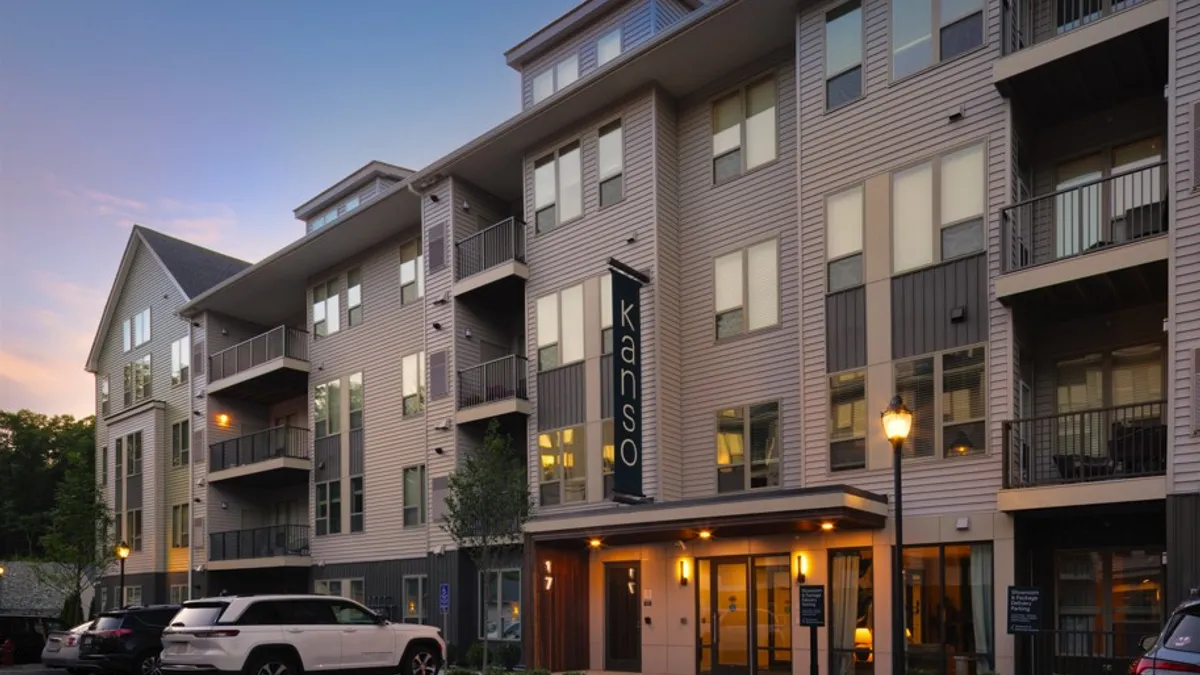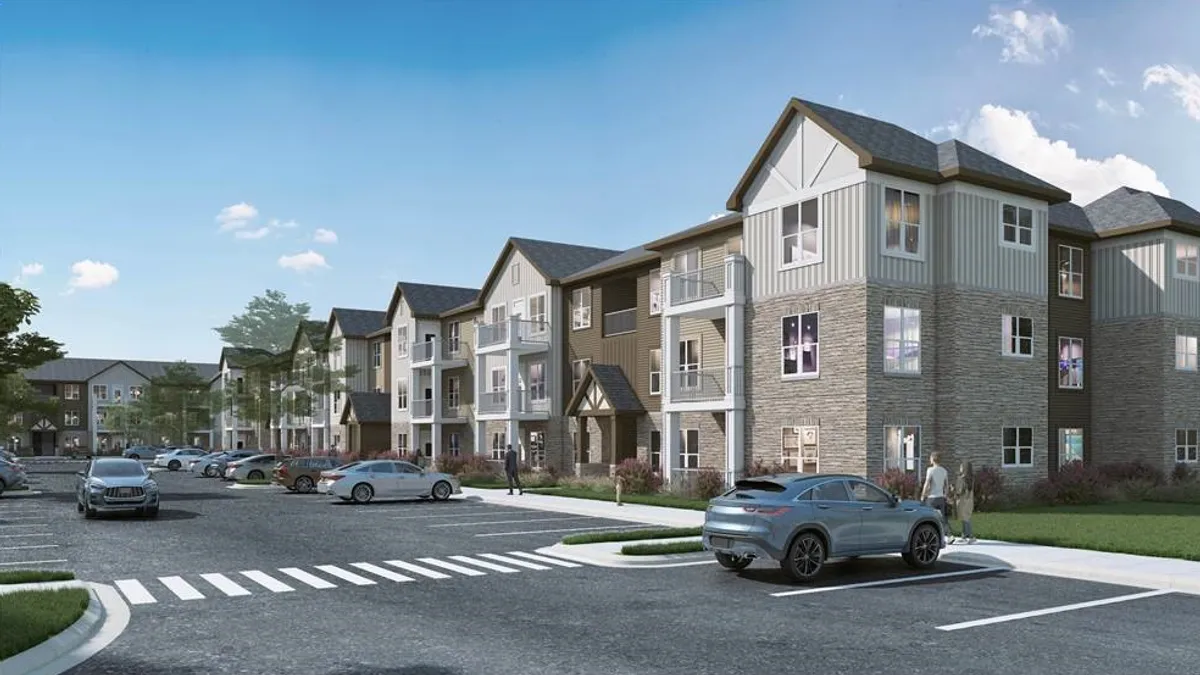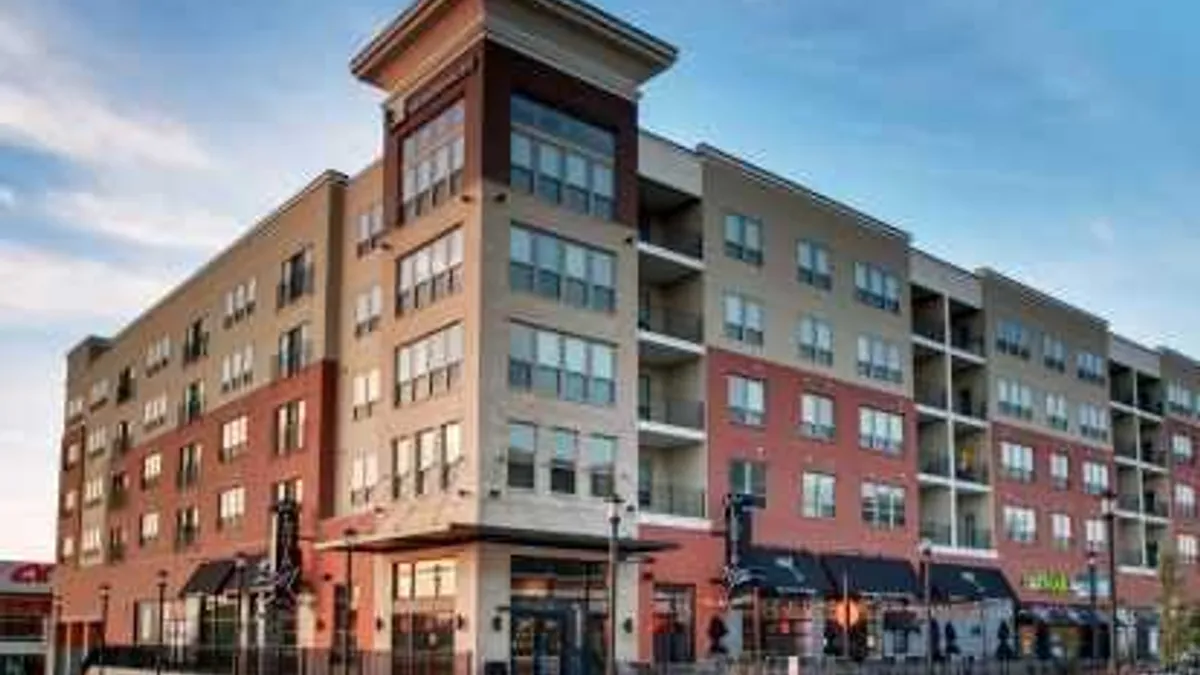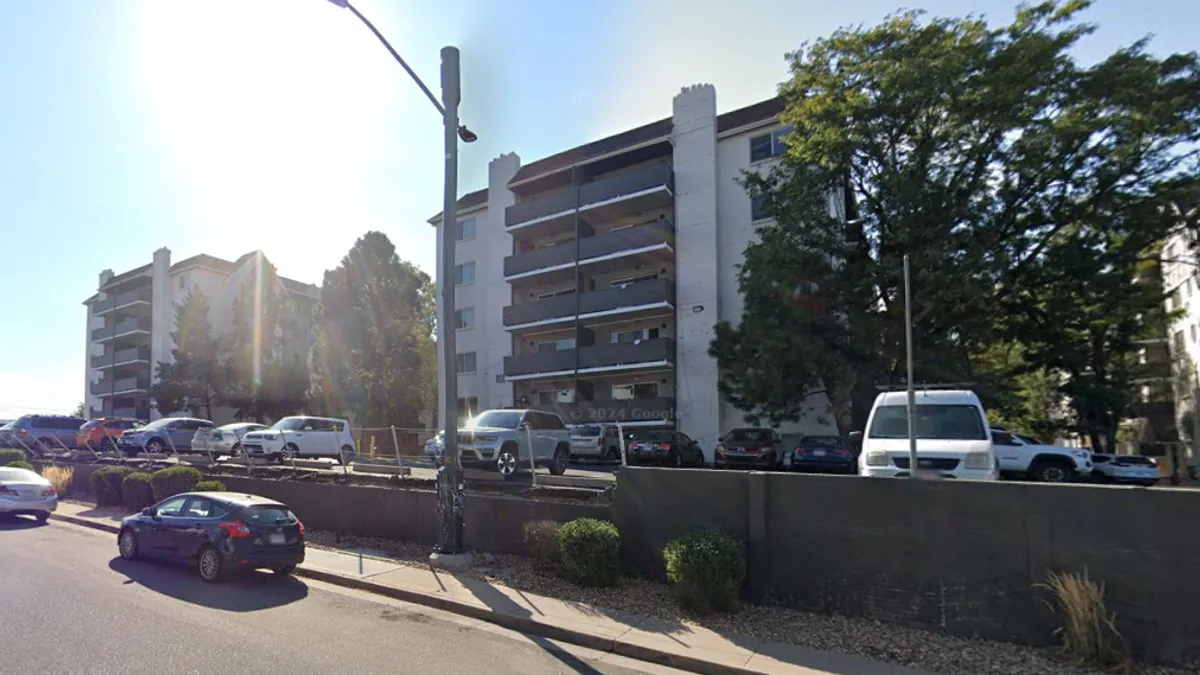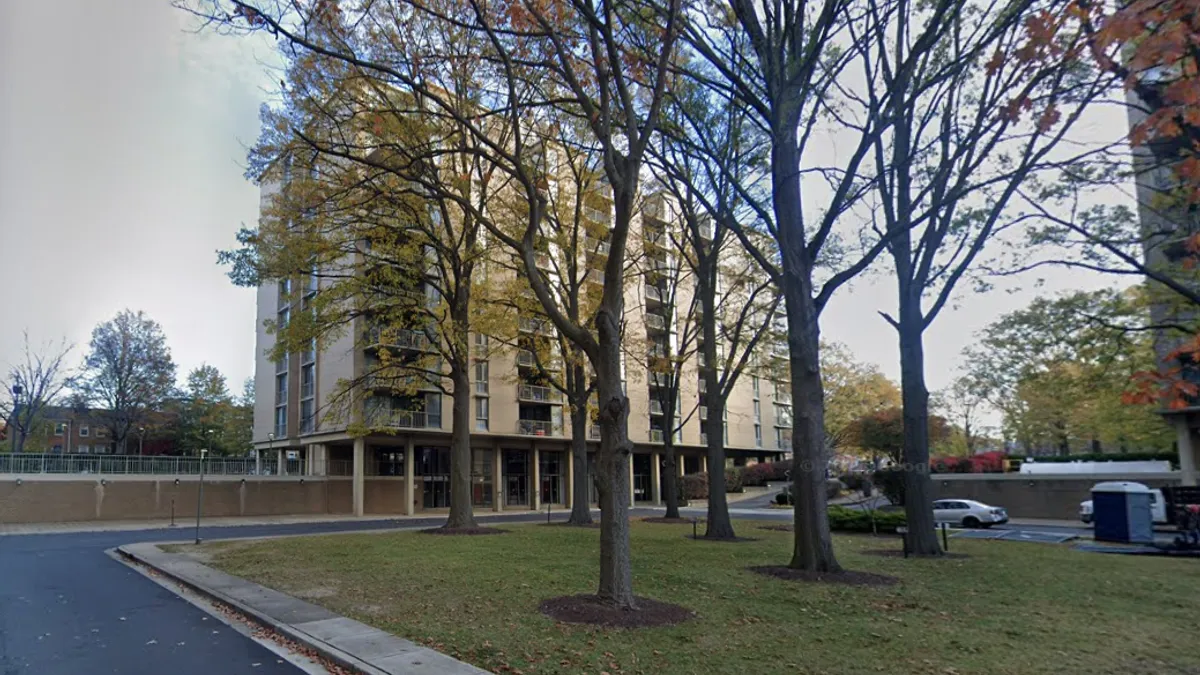Matt Murray is the CEO and founder of Burlington, Vermont-based Widewail, a reputation management technology and services company.
Opinions are the author’s own.
Online reviews are crucial to the decision-making process of prospective residents and to the success of multifamily communities. Highly rated communities with a high volume of reviews signal to prospects that a community is popular and well-liked.

Historically, property managers have viewed reputation management as more of a practice of observation, rather than action. Crossing their fingers for good reviews, property managers have avoided asking for feedback at scale because of the fear of negative reviews.
This is a missed opportunity, primarily for one reason: local SEO. A community’s review volume and star rating determines where it ranks on Google and ultimately influences whether or not it’s found by prospects.
Property managers have the unique opportunity to stand out with a proactive strategy to drive reviews. High-quality reviews attract high-quality leads. Online ads will deliver leads but inevitably leasing managers will be tasked with sifting through the pile to find the best-fit renters.
But with organic leads sourced through Google, it’s clear whether it’s worth leasing managers’ time to set up a tour.
Drive reviews
More reviews drive better search rankings. Review volume is a key ranking factor that search engines use to determine where your apartment communities show up on Google.
Exactly how many reviews do you need? A simple answer is more than your local competitors. A quick Google search for communities in your local area will give a good baseline for how many reviews you’ll need to be competitive.
For example, searching “apartments near Fort Myers” will return the highest-rated and most popular apartments in that area. Make note of the communities ranking highest and work to reach and surpass that volume.
Ask for reviews at key times
Property management is unique from many other industries in that the number of events whre customers can leave feedback is limited. A car dealership might have 3,000 service transactions a month that provide an opportunity for reviews. In contrast, an apartment community has a limited number of residents and often maintains a relationship with each resident for a long period of time.
What does that mean? These long-term relationships lead to more opportunities to collect reviews from residents during positive moments and less for unsolicited negative reviews when problems inevitably arise.
So, what should you do? Ask residents for reviews often and at key lifecycle stages. Tours, move-ins and renewals are reviewable events that have a higher probability of positive outcomes. To start, focus there.
You may be confused about the tour stage: Why would getting reviews from a non-resident make sense? One, a tour is a material interaction with your onsite staff and is a legitimate reason to request feedback. Two, adding tour reviews will drastically increase your opportunities to generate reviews by upwards of 60%.
Three, the tour experience tends to be a significant focus and point of resource expenditure. Why wouldn’t you want to collect reviews for such an important event?
Respond to every review
Responding to reviews helps you connect with your renter and owner base and build trust. Prospects read reviews and responses and take both into consideration. While you can’t influence exactly what reviewers say, you can use review responses to showcase your business’s strengths and tell your side of the story, when needed.
Plus, review response is shown to increase your Google star rating and volume, giving your community an SEO boost.
By frequently receiving and responding to reviews, you give your community listings legitimacy and lay the groundwork for a higher overall ranking.
Include reviews in marketing
Customers trust their peers more than your community’s advertisements. Use this principle to your advantage and incorporate customer reviews into your marketing materials.
Try placing snippets from reviews on a billboard. Incorporate customer testimonials into your website. Feature happy residents on your social media. Play around with visual search on TikTok.
Uncover insights
Reviews contain legitimate feedback, both positive and negative, and you can use them to help improve your community’s operations. Dissect the feedback in reviews to determine what renters and owners are thinking so you can improve your communities.
Online reviews become a way to calculate customer satisfaction with a set of tools that can supplement your private survey data while simultaneously benefitting your marketing.
Community managers who continue to view reputation management as a public relations strategy will get passed by. Reputation management is a performance marketing strategy. When done right, it will generate high-quality leases from local search while building a moat around your brand and diversifying away from expensive listing sites.
People lease from those they know, like and trust, and reviews are a powerful tool in every community manager’s back pocket.






